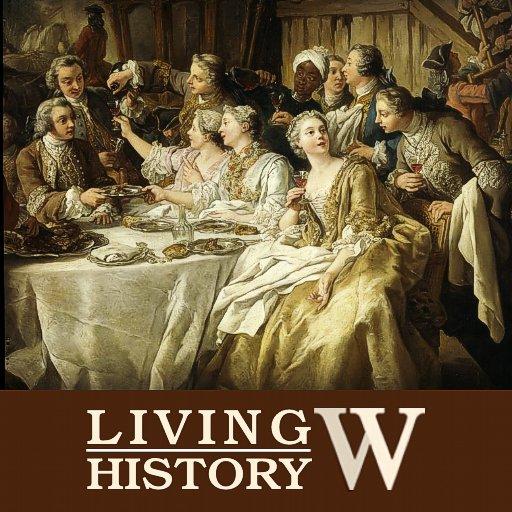In the spirit of this 18 th century form of entertainment we have dedicated a new interior to this particularly ruinous pastime.. Gambling.
"Ridotto" comes from the Italian word "riddure," meaning to "close off" or "make private." It originally referred to several illegal, privately owned gambling clubs that offered games of chance to members of Venice's nobility in the city's Rialto District.
The source of the Italian word, casino, is a diminutive of casa, "house." The word was first applied to a country house and then came to be used for a social gathering place, a room or building where one could dance, listen to music, and gamble.
This passion for gambling, especially in the 18 th century upper classes and aristocracy, caused the yearly ruin of thousands of families, and was a frequent cause for suicide. The British statesman Charles Fox had been known to spend thirty-six consecutive hours at the gaming table, but was fortunate in having an excessively indulgent father who covered a gigantic hundred and forty thousand pounds (nearly fourteen million contemporary dollars) of his son's accumulated debts. So many were notorious gamblers that it is fairly easier to say it was normal everyday activity for most. Fox was not unique.
So addictive was gambling that in many casinos in Italy masks were worn to hide ones identity. And to make sure that the lower classes were not tempted by this vice formal wear was required to be admitted and men were in particular required to wear tricorn hats something the poor of course could ill afford.
HOUSE RULES
These are SL TOS correct games. No Lindens are needed to buy in. No Lindens are awarded as prize. 18 th century formal attire required for entrance into the Ridotto. No exceptions.
THE GAMES
We have been lucky to discover four SL versions of games that were common in 1780. With a modification of their textures we hope to create an environment that will encourage 18 th century roleplay.
Briscola (Brcula or Bric in Neapolitan )
Today, Biscola is considered by many to be a traditional Italian game, but the truth is that an early version of it seems to have originated in Holland, where it became quite popular by the end of the 16th century. It soon became a much-favored card game played with the customary Italian deck of 40 cards. The game had been so completely modified that, for all intents and purposes, it was considered to be an Italian game.
Backgammon (Tavole Reale in Italian)
Backgammon-type games have been played for thousands of years in all parts of the world and certainly during the Egyptian, Greek and Roman eras. The Romans left a great deal of evidence of a game they called Ludus Duodecim Scriptorum, the game of the twelve lines. The game is possibly derived from the Egyptian Senat. In the early seventeenth century, however, following some modifications to the rules, the game underwent a revival and it swept across Europe.
Roulette
The Little Wheel First played in the 1700s in France. Taking influences from a number of other games widely played at the time, such asRoly-Poly in Britain, and Hoca and Biribi, in Italy, and a kind of proto-roulette played in France at that time.
Faro
Pharaoh, or Farobank, is a late 17th century French gambling card game descendant of basset . One of the most popular card games of 18th and 19th century Europe, it was forbidden in France during the reign of Louis XIV on severe penalties, but continued to be widely played in England during the 18th century. With its name shortened to faro, it soon spread to the United States in the 19th century to become the most widespread and popularly favored gambling game. Faro's detractors regarded it as a dangerous scam that destroyed families and reduced men to poverty, because of rampant rigging of the dealing box.
updated by @capacitatodd-principe-dimelioria: 13 Oct 2016 12:34:41AM


